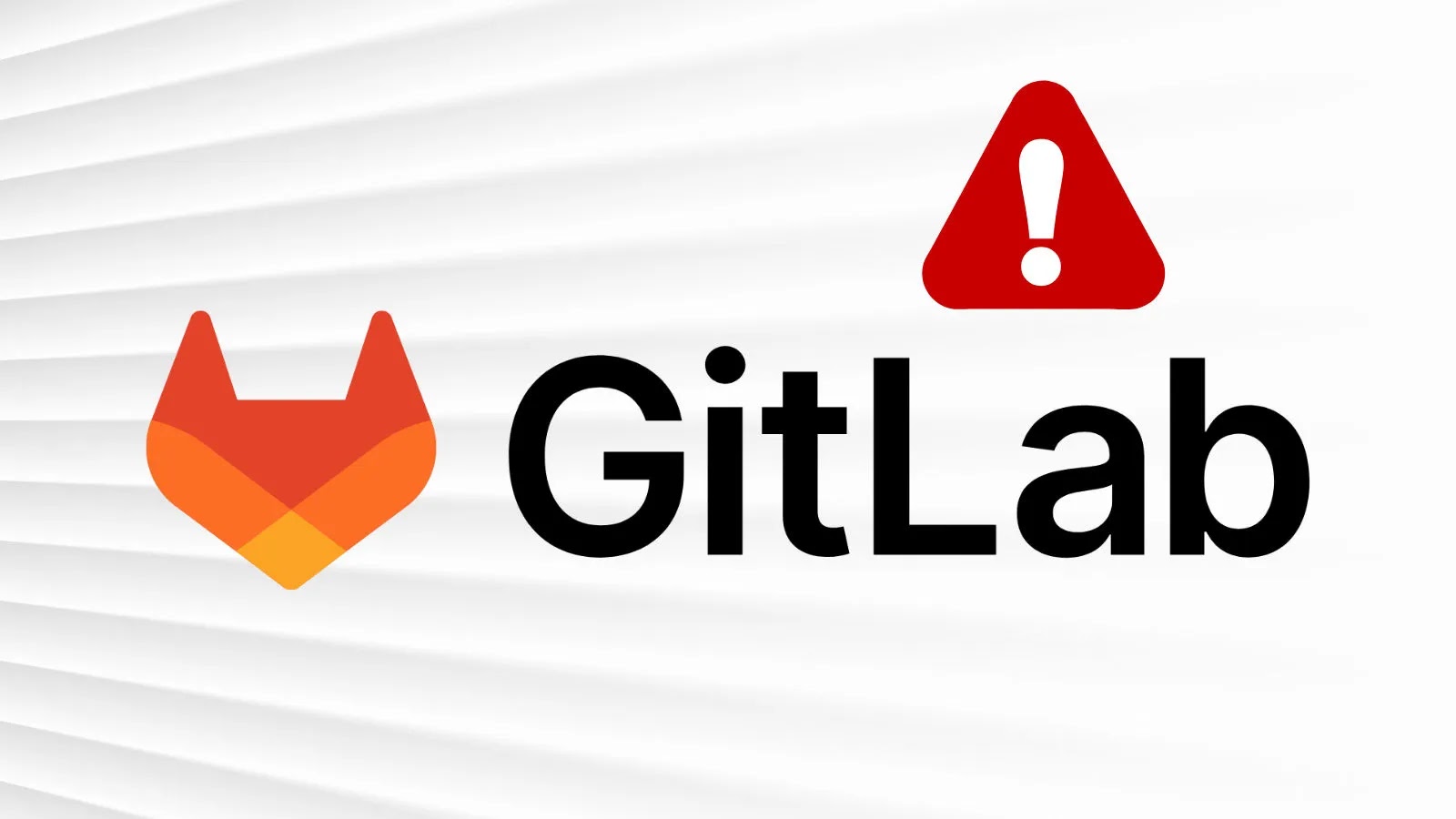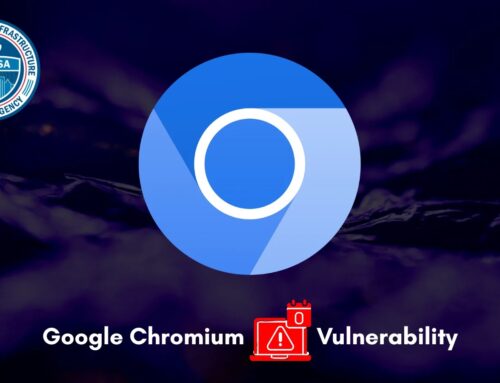
Multiple Gitlab Security Vulnerabilities Let Attackers Trigger DoS Condition
Urgent GitLab Patch: Multiple Denial-of-Service Vulnerabilities Exposed
In a critical development for the developer community and enterprise IT, GitLab has swiftly released urgent patch versions for its Community Edition (CE) and Enterprise Edition (EE). These updates, specifically 16.5.1, 16.4.3, and 16.3.5, are crucial to address a series of significant security flaws, with a primary focus on multiple high-severity denial-of-service (DoS) vulnerabilities. This immediate action underscores the severity of the identified issues, which could allow attackers to severely impact system availability for GitLab users globally.
The patches are not merely about DoS; they also fix critical access control and authorization bugs that could be exploited by authenticated users. Organizations running self-hosted GitLab instances or utilizing the platform for their CI/CD pipelines and code repositories are strongly advised to prioritize these updates to mitigate potential risks.
Understanding the GitLab DoS Vulnerabilities
The core of the recently patched vulnerabilities lies in how GitLab handles certain inputs, particularly “specially crafted payloads.” These malicious inputs are designed to overwhelm system resources, leading to a denial-of-service condition. This means that an attacker, by sending such a payload, could potentially make a GitLab instance unresponsive or inaccessible to legitimate users, causing significant operational disruptions.
While specific technical details of each DoS flaw are often withheld to prevent immediate exploitation, the general mechanism involves exploiting inefficiencies in code execution, memory allocation, or processing of large/complex data structures. Successful DoS attacks can have far-reaching consequences, including loss of productivity, financial impact, and reputational damage for affected organizations.
Impact of Access Control and Authorization Bugs
Beyond DoS, the updates also address critical access control and authorization flaws. These types of vulnerabilities typically allow authenticated users to perform actions or access resources they are not explicitly authorized to, often escalating privileges or bypassing intended security restrictions. For instance, an attacker might be able to view private repositories, modify project settings, or access sensitive information without proper permissions.
The combination of DoS capabilities and access control issues presents a more potent threat. An attacker exploiting an access control flaw might gain deeper insight into the system, potentially enabling them to craft more effective DoS payloads or leverage their unauthorized access for other malicious activities.
Relevant CVEs Addressed
While the initial announcement from GitLab often bundles multiple vulnerabilities, the cybersecurity community tracks these specific issues via Common Vulnerabilities and Exposures (CVE) identifiers. While the consolidated source doesn’t list exact CVEs, typical GitLab security advisories often include several for a release of this nature. Organizations should consult the official GitLab security release blog for the precise list of CVEs addressed in versions 16.5.1, 16.4.3, and 16.3.5 for a comprehensive understanding of the specific vulnerabilities.
- For example, previous GitLab advisories have included critical DoS and access control issues. We recommend checking the official GitLab security notices for GitLab Security Releases for detailed CVE information pertaining to these specific patch versions.
Remediation Actions
Given the critical nature of these vulnerabilities, immediate action is paramount for all GitLab CE and EE users. Here are the essential remediation steps:
- Immediate Upgrade: The most crucial step is to upgrade your GitLab instance to the latest patched versions: 16.5.1, 16.4.3, or 16.3.5. Ensure you identify the correct version for your current GitLab installation.
- Monitor GitLab Security Advisories: Regularly subscribe to and monitor the official GitLab security advisory channels for new releases and vulnerability disclosures.
- Backup Critical Data: Before performing any major upgrade, ensure you have a complete and tested backup of your GitLab data and configuration.
- Review Access Controls: Post-patching, it’s a good practice to audit and review your existing access control policies and user permissions within GitLab to ensure principle of least privilege is enforced.
- Implement Rate Limiting: Consider implementing web application firewall (WAF) rules or network-level rate limiting to mitigate certain types of DoS attacks, especially those related to excessive requests.
- Intrusion Detection/Prevention Systems (IDPS): Ensure your IDPS are updated with the latest signatures to detect and potentially block known attack patterns associated with these vulnerabilities.
Tools for Detection and Mitigation
While the primary mitigation is patching, here are some general tools that can aid in detecting vulnerabilities or protecting against DoS attacks:
| Tool Name | Purpose | Link |
|---|---|---|
| OWASP ZAP | Web application vulnerability scanner to find common web flaws. | https://www.zaproxy.org/ |
| Nessus | Vulnerability scanner for network devices and web applications. | https://www.tenable.com/products/nessus |
| Cloudflare | CDN and web security service offering DoS/DDoS protection. | https://www.cloudflare.com/ |
| ModSecurity | Open-source web application firewall (WAF) for rule-based protection. | https://www.modsecurity.org/ |
| Snort | Open-source intrusion prevention system (IPS) for network traffic analysis. | https://www.snort.org/ |
Key Takeaways for GitLab Users
The urgency of GitLab’s patch releases highlights the ongoing threat landscape facing software development platforms. The patched vulnerabilities, encompassing critical denial-of-service conditions and access control bypasses, could lead to significant operational disruptions and potential data breaches. System administrators and security teams must prioritize updating to versions 16.5.1, 16.4.3, or 16.3.5 immediately. Proactive vulnerability management, regular security audits, and adherence to the principle of least privilege are essential practices to maintain a robust security posture within your GitLab environment.





